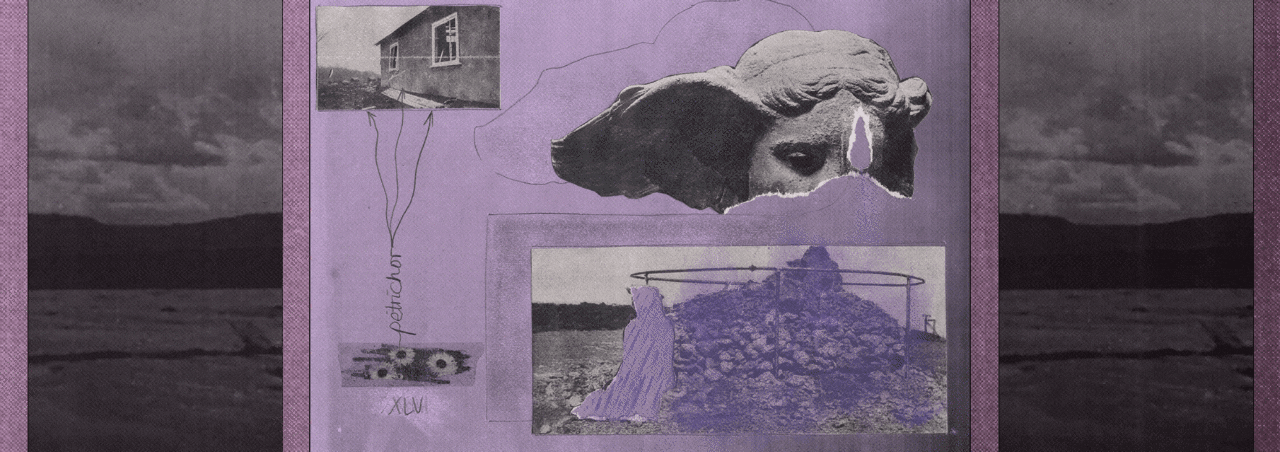Animals Doing Things to Other Animals
Yet again the animals
are doing things to other animals.
The sloths make love. It takes
so long the visitors wander away.
And the hippo roughly noses
her calf into the water. She must
learn how to walk underwater.
At the great ape exhibit,
the chimps gather at the glass
partition, read aloud the sign
warning not to make eye contact
with the Homo sapiens within.
One states the oft-quoted
fact that humans are the only other
species that will kill each other.
The chimps nod knowingly.
They watch the humans peel
fruit, smash it into the dirt.
One chimp nudges her son:
Look. They’re just like us.
It is not true, of course:
lions and ants and dolphins
all kill their own. We did not invent
infanticide. But it gives the apes
something to talk about,
their conversations rising above
the smell of dust and fruit.
The pale hands move frantically
as if they stand for something
like love, like language.
Mercy Dog
Red Cross dogs, also known as “sanitary” or “mercy” dogs, worked in the field after battles ended, roaming among the casualties with saddlebags of medical supplies. If a soldier was injured but conscious, he could call a dog over and help himself to bandages or water; if he was mortally wounded, he could embrace the dog for comfort while he died.
The jingle of a tag
rises above groans,
sounds like a song
from before this war.
Think of a girl
you knew once,
the cream curve of elbow
above a glove.
Your thousand-pound
boots are caked in mud.
Or it’s your head
that’s getting heavy.
A dog sniffs the body
next to yours. Once,
you walked green fields
in Ohio. There’s water
that won’t stay down.
The dog lies with you.
His eyes are brown.
The men are going quiet.
The smoke still rises
from a distant trench.
The dog seems sorry.
You ask it not to worry.
Christina Olson‘s second book, Terminal Human Velocityis forthcoming from Stillhouse Press. Her poetry and nonfiction have appeared in Arts& Letters, Virginia Quarterly Review, The Southern Review,Gulf Coast, Passages North, and Hayden’s Ferry Review. She is the recipient of fellowships from the Vermont Studio Center and Willapa Bay AiR. She teaches creative writing at Georgia Southern University and lives online at The Drevlow-Oslon Show.
BACK
NEXT
